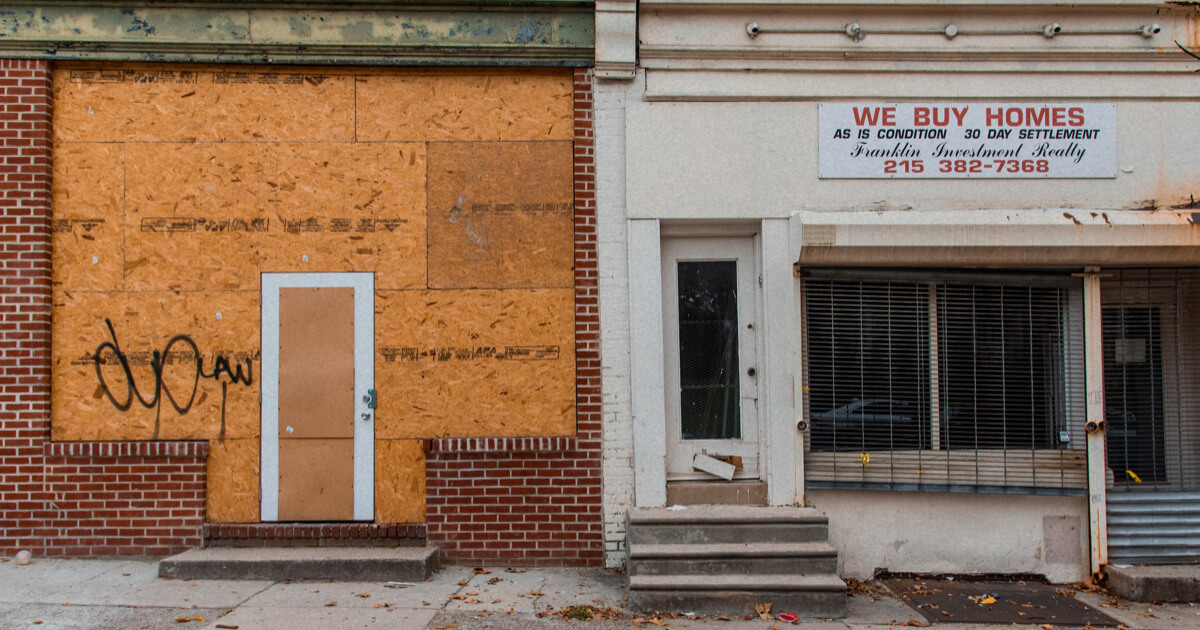The majority of Americans are feeling worried about paying for housing in the coming year, according to a Freddie Mac poll conducted between June 6-10; Freddie Mac is a market financing company sponsored by the U.S. government.
Of the 2,000 adults surveyed, 62% said they are somewhat or very concerned about whether they will be able to pay for housing next year; 69% said they are somewhat or very worried about higher housing prices, in general.
The highest concerns, however, were regarding an impending economic recession, to which 84% of respondents voiced their worries, in addition to 77% worried about increasing interest rates. Half of the respondents, furthermore, said they are worried about losing their jobs.
In addition, 58% of respondents said that their rent has increased in the past year, in conjunction with the hiking inflation rates. About 6% of respondents said that their rent had increased by 30% and beyond.
Almost 20% of respondents said that the rent increase rendered them “extremely likely” that they will miss a rent payment, while 38% said that the new pricing will make it somewhat likely.
61% of respondents said that at times, they do not have enough to cover basic necessities, such as food and housing, or are living payday to payday to have “just enough money to get by.”
In April, experts said that spiraling inflation and mortgage rates, along with a housing affordability crisis caused by low inventory, shockingly high rents, and a reduction in real earnings, might lead to a recession.
Mortgage rates in the United States reached a 12-year high last week, while home prices established a new high in March, according to industry group data released in April. This comes while inflation is at a 40-year peak, yet real wages continue to decline month after month, according to the Labor Department.
High demand, escalated prices
Falling inventory has stoked increasing demand and caused home prices to escalate at a robust pace, according to Zillow. Total housing inventory at the end of March totaled 950,000 units, down about 10% from one year ago when it stood at 1.05 million, according to the NAR.
Another indicator of the severity of the difficulty for homebuyers is that residences stayed on the market for an average of 17 days last month. According to the NAR, 87% of homes sold were on the market for less than a month. In February, Zillow, an American tech real-estate marketplace company, reported that residences nationwide went under contract in 11 days, which is six days quicker than February 2021 and 25 days faster than February 2020.
Zillow analysts point to generational demographics, citing a big wave of Millennials entering their peak home-buying years. Simultaneously, Baby Boomers are more active in the housing market than more recent generations. As more people gain clarity on their employment agreements, they too will be seeking to make long-term housing decisions, which will have the effect of maintaining demand.
Republished from MROnline.org (CC BY-NC-ND 4.0). Originally published by Al Mayadeen on August 16, 2022.














